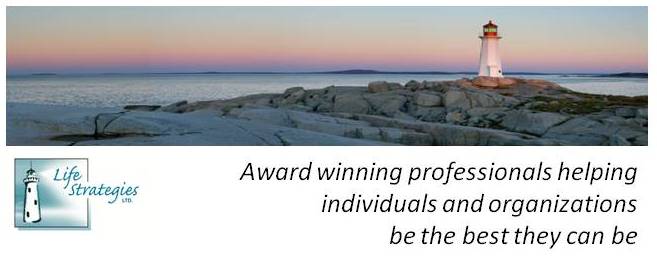BC’s career development sector is working its way through one of the biggest transformations in its history. A fundamental shift in service delivery and funding structure will see over 400 employment service agencies replaced with 73 (read more at http://bit.ly/vjaJ5p, starting on page 20). As one might imagine, there is great debate about whether this means good things or bad things for our sector and, most importantly, our clients. For the moment, what appears to be certain is who will get the contracts (see the Government’s announcement at http://bit.ly/uTv2Jp). Everything else remains to be seen – the negatives and the positives.
While this is the biggest, this isn’t the first
transformation of BC’s employment services I’ve witnessed in my 18+ years as a
career professional. I left government services almost 10 years ago so, while
I’m not immediately impacted by this transition, I’ve watched my colleagues and
students struggle to identify what transformation means for their future.
John Kenneth Galbraith, a Canadian economist once said, “All of the great leaders have
had one characteristic in common: it was the willingness to confront
unequivocally the major anxiety of their people in their time. This, and not
much else, is the sense of leadership.” Most would agree that BC’s Business
Transformation is a major anxiety for today’s career development sector so, as
leaders, where do we begin?
- Make time for transformation – remember that change is the event and transition is the process; each person on your team will acknowledge, accept, and move through a transition at a different pace. Give people the time they need to digest and create a vision for their future
- Deal with the tough stuff – don’t avoid the difficult and crucial conversations that will need to occur; ensure there is an opportunity for open and honest dialogue, whenever and wherever its appropriate
Interested in the other lessons? Join our webinar on
November 22, 10am; learn more at http://www.lifestrategies.ca/docs/Leadership_Webinar.pdf





No comments:
Post a Comment